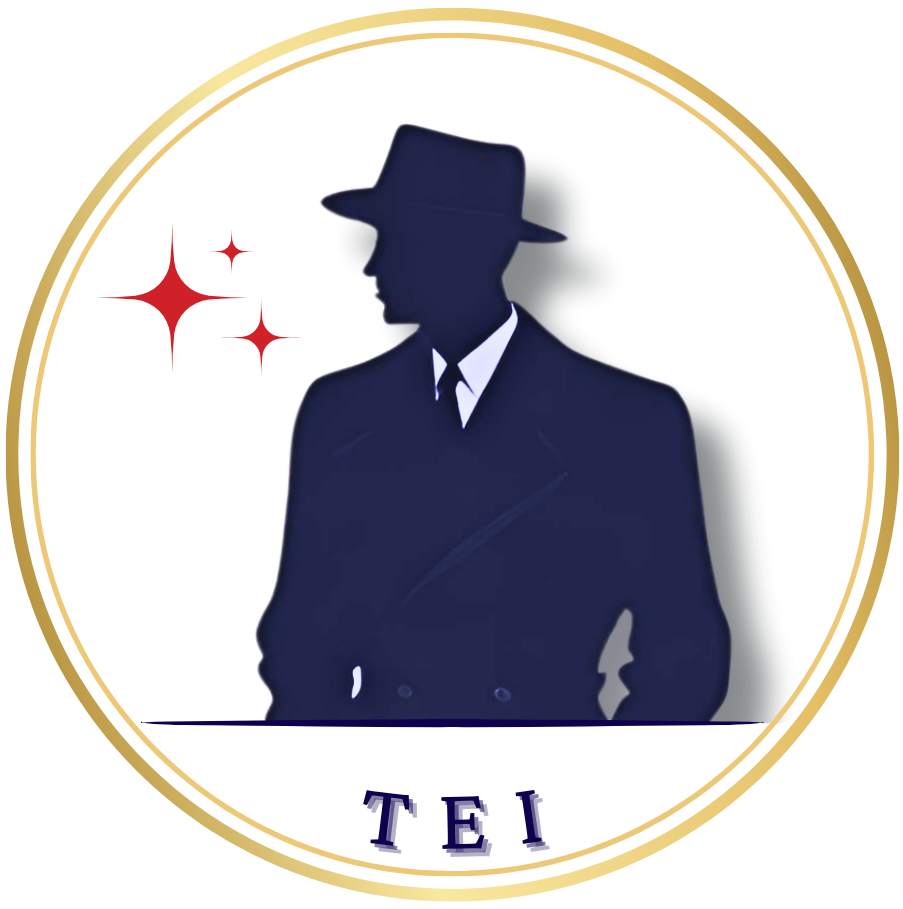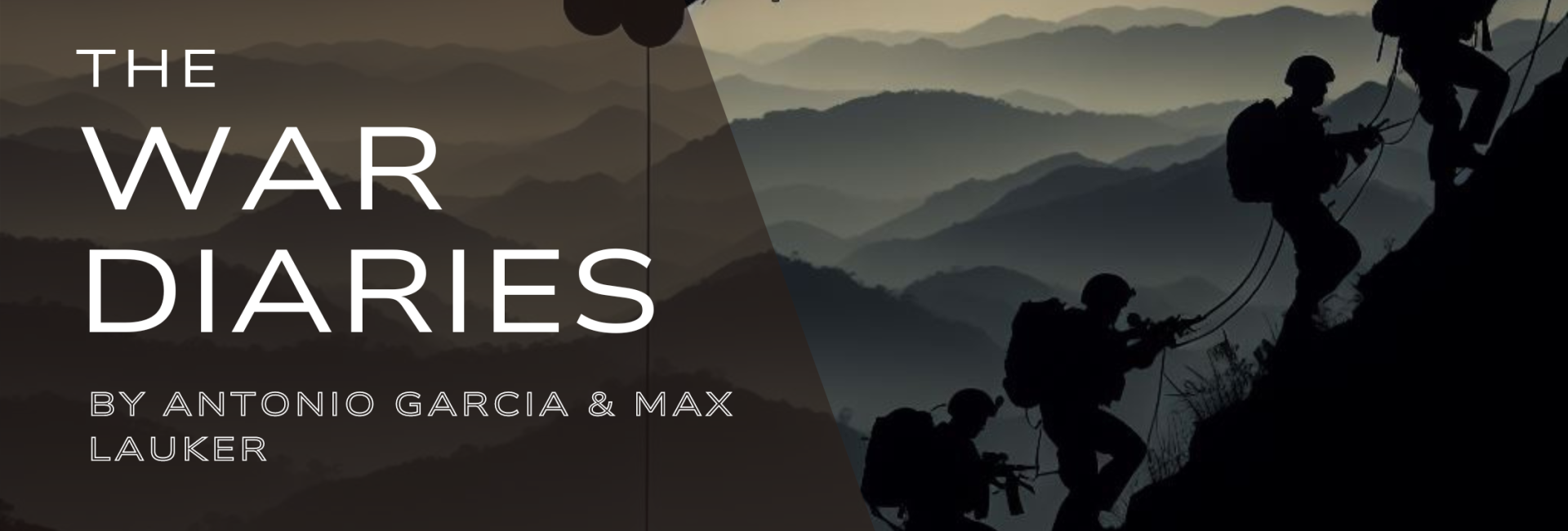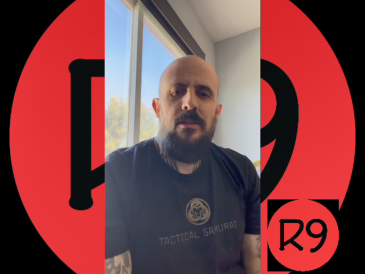Writing Number 788: My Experience in Swedish Special Operations Number 788 with Max Lauker, at times felt like a special operations mission. Late nights of detailed planning, being airlifted into past combat zones, and coordinated authorial action. Yes, I am certainly being pulled along on the coattails of Max’s amazing story, occasionally imaging that I could have been there myself, but the clunk of my coffee cup as I put it down, brings me back to reality, reminding me that it was probably the caffeine kicking in, and making me delusional. But what a fascinating experience.
The book is an autobiography, and as a historian and biographer, I was given a front-row seat to a first-hand account of the Swedish military experience in the 2000s. We were introduced by a mutual friend, also a soldier. He had been trying to convince Max for over a decade to write a book about his experiences. When Max and I started discussing the details, I immediately commenced negotiations with several publishers, and we secured a book deal within a week. I had made the first phase of the selection.
With Max, things moved fast, speed and surprise were of course key elements for elite units. But this was not to be confused with a temperamental knee-jerk approach to operations. Every move was carefully calculated and involved meticulous planning. I had been a soldier too and served as a combat engineer commander in the SANDF. This was before I became a military historian, but this training allowed me to understand Max’s framework – decentralized command, within the commander’s intent – Army talk, for two men now firmly seated in armchairs.
During Max’s service, he had led small elite special operations units, and in the book, he was in charge, and I was happy to follow. He said we co-led but we both knew the truth. As a historian, one of my skills is the ability to condense and synthesize information. The historical method and working through large amounts of source material had previously enabled me to publish books on history and strategy. Indeed, these volumes can still be found holding open some doors or gathering dust in a few libraries. But I had somehow gotten kudos for having walked the walk, and I was in phase two of the selection.
Max wanted someone who had gone through the writing process before, and I secretly craved to see into the intelligence world, but from the inside. It was either a win-win or a double-edged sword. My job in the Army had been to modify terrain to ensure mobility and maneuver. I now did a similar role, but instead of constructing bridges and breaching minefields I was enabling and shaping the narrative. This gave Max the freedom of maneuver to hit hard and fast, and that he did. Every chapter was well aimed, a skill needed in marksmanship and penmanship. Max’s story is about a boy searching for meaning and finding it in the military – in this sense, it is a coming-of-age story. This may appear to tread familiar ground, but it is not an American or British story. We have perhaps become accustomed to hearing about the Paras or the Green Berets; this is a Swedish book and gives the reader a glimpse into Swedish elite units.
At 19 Max couldn’t have imagined what was in store for him. Of course, back then the Swedish Army was caught flat-footed when the 9/11 Attacks happened. The Swedish military approached NATO; a theme similar to today with the Ukraine War. But back then Sweden lacked the niche special operations capabilities needed for asymmetric warfare. Max found himself serving at this interesting time and was a key member of the Special Purpose Units – comprised of elite regiments.
Through a range of discussions, I started to understand Max. An infinitely complex person, focused, determined, and methodical; charming, smart, and savvy; patient and courageous he is at his core an operator. He overcame adversity in several settings, from the Arctic Rangers to Special Purpose Units. Max’s story will excite readers, and share a glimpse of what it was like infiltrating and getting confidential informants in terror organizations, fighting the FARC in Colombia, and doing intelligence work in Kosovo involving extremist leaders.
Max does not claim to be a new version of a Viking, a Swedish Navy Seal, or a SAS operator, although he could easily match any of the above – Max is quietly confident, the real deal, and a soldier’s soldier. An early reviewer has referred to the book as the Scandinavian Bravo Two Zero – gritty but understated. It was a pleasure to facilitate the writing process with Max, and working together I found a friend and a brother in arms.
In response, Max brought forward the importance of veterans writing for themselves. For more see War Diaries Issue 6.
Discover more from The European Intelligencer
Subscribe to get the latest posts to your email.






2 Comments
Wow! I am so thankful that Max has someone alongside him during this process. This article definitely makes me excited to read their book!!!
Thanks Lissa.
We hope that you enjoy the book, and we look forward to hear your thoughts on it.
Max and I are going to create a limited podcast series (two or three) to talk about the writing of the book. Let us know if you would find this interesting.
Best,
Tony & Max